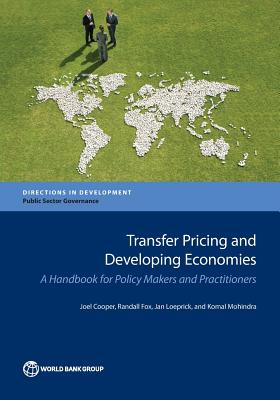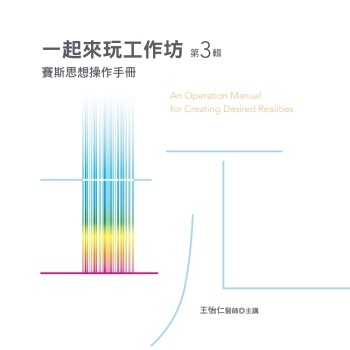| FindBook |
|
有 1 項符合
Mohindra的圖書 |
 |
$ 2997 | Transfer Pricing and Developing Economies: A Handbook for Policy Makers and Practitioners
作者:Cooper,Jan/Mohindra,Joel/Fox,Komal,Randall/Loeprick 出版社:World Bank 出版日期:2017-07-31 語言:英文 規格:平裝 / 17.8 x 25.4 x 2.5 cm / 普通級  看圖書介紹 看圖書介紹
|
|
|
圖書介紹 - 資料來源:博客來 評分:
圖書名稱:Transfer Pricing and Developing Economies: A Handbook for Policy Makers and Practitioners
內容簡介
Recent years have seen unprecedented public scrutiny over the tax practices of Multinational Enterprise (MNE) groups. Tax policy and administration concerning international transactions, aggressive tax planning, and tax avoidance have become an issue of extensive national and international debate in developed and developing countries alike. Within this context, transfer pricing, historically a subject of limited specialist interest, has attained name recognition amongst a broader global audience that is concerned with equitable fiscal policy and sustainable development. Abusive transfer pricing practices are considered to pose major risk to the direct tax base of many countries and developing countries are particularly vulnerable because corporate tax tends to account for a larger share of their revenue. This handbook is part of the wider WBG engagement in supporting countries with Domestic Resource Mobilization (DRM) by protecting their tax base and aims to cover all relevant aspects that have to be considered when introducing or strengthening transfer pricing regimes. The handbook provides guidance on analytical steps that can be taken to understand a country’s potential exposure to inappropriate transfer pricing (transfer mispricing) and outlines the main areas that require attention in the design and implementation of transfer pricing regimes. A discussion of relevant aspects of the legislative process, including the formulation of a transfer pricing policy, and the role and content of administrative guidance, is combined with the presentation of country examples on the practical application and implementation of the arm’s length principle and on running an effective transfer pricing audit program.Recognizing the importance of transfer pricing regulation and administration for the business environment and investor confidence, this handbook aims to balance the general objective of protecting a country’s tax base and raising additional revenue with investment climate considerations wherever appropriate.
|











